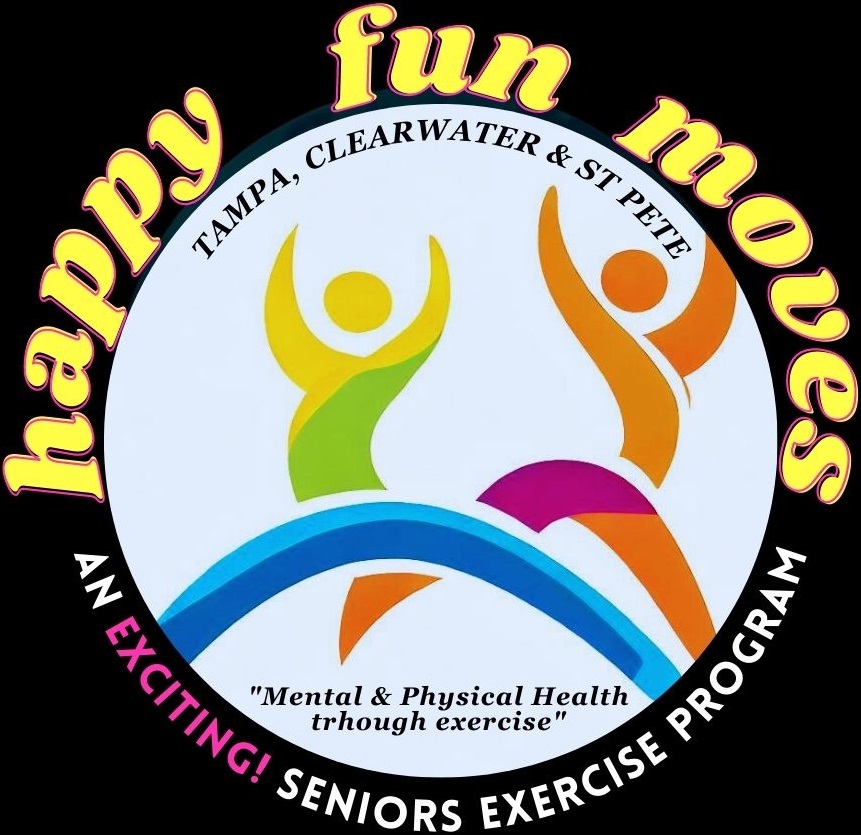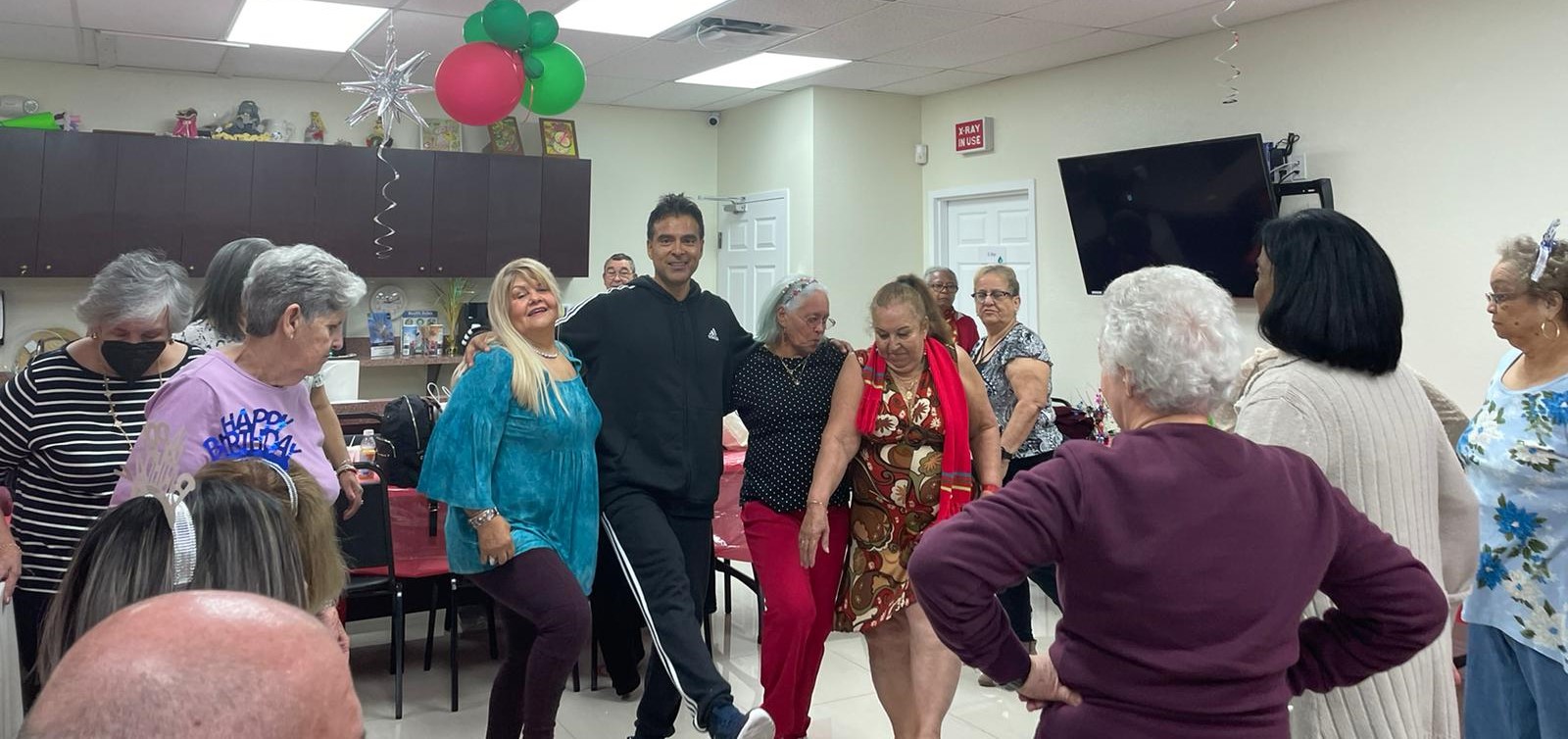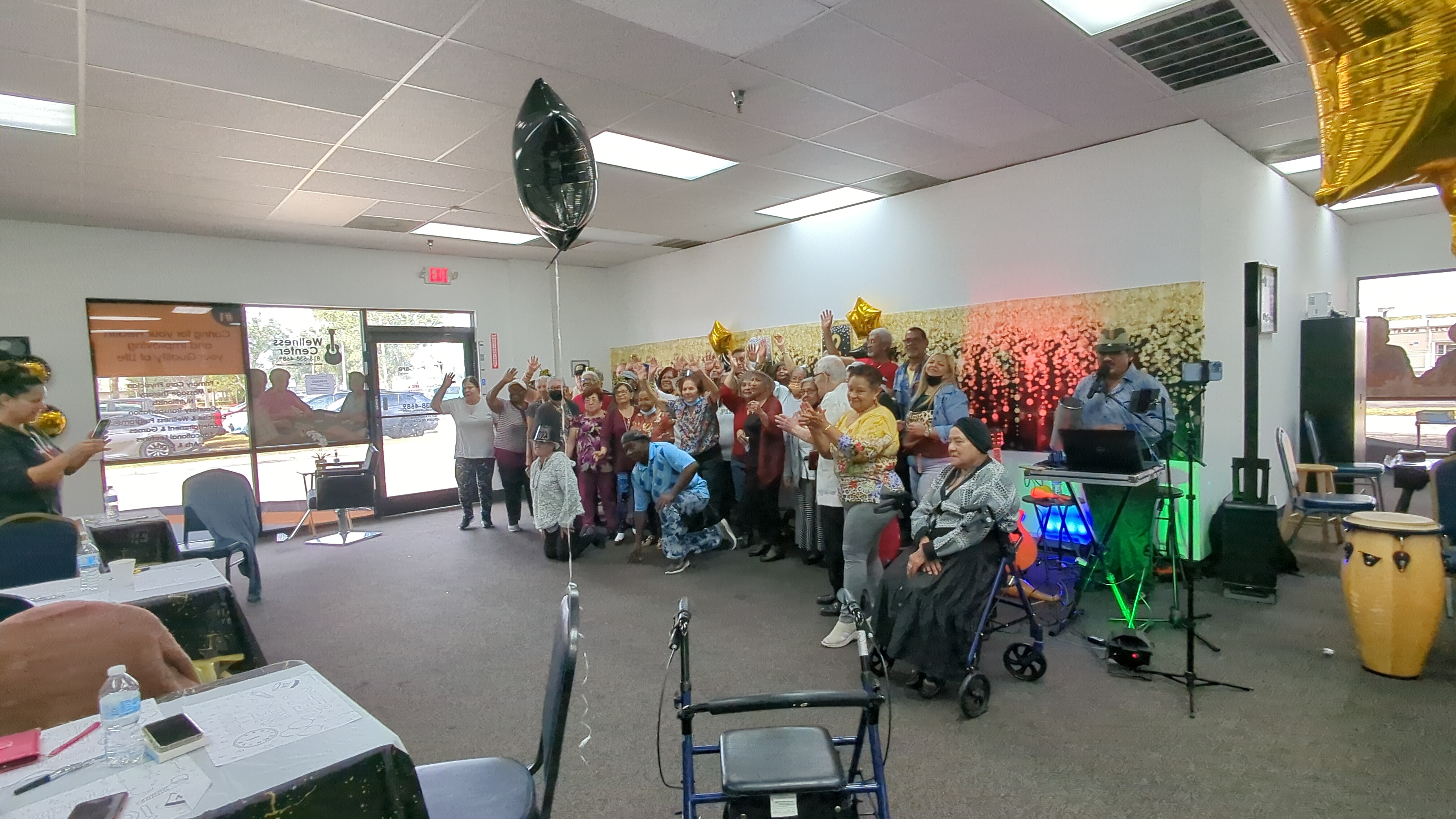


Regular exercise improves physical fitness and overall health. It enhances cardiovascular endurance, strengthens muscles and bones, improves balance, flexibility, and coordination. This helps seniors maintain an active lifestyle and reduces the risk of chronic diseases such as heart disease, diabetes, osteoporosis, and certain types of cancer.
Exercise has a profound impact on mental health. It releases endorphins, known as "feel-good" hormones, which boost mood and reduce symptoms of depression and anxiety. Engaging in physical activity also helps improve cognitive function, memory, and concentration, promoting mental sharpness and overall brain health.
By participating in a senior exercise program, older adults can improve their strength, flexibility, and balance, which enhances their ability to perform daily activities independently. This independence contributes to a higher quality of life and fosters a sense of self-confidence and empowerment.

Senior exercise programs often provide opportunities for social interaction and engagement. Participating in group exercise classes or programs encourages social connections and friendships among older adults. The social aspect of these activities helps combat feelings of loneliness and isolation, boosting overall emotional well-being.
Regular exercise can play a significant role in preventing and managing various age-related conditions. It helps control weight, blood pressure, and cholesterol levels, reducing the risk of obesity, hypertension, and cardiovascular disease. Exercise also improves insulin sensitivity and helps manage blood sugar levels, making it beneficial for individuals with diabetes.

Exercise is a natural stress reliever. Engaging in physical activity helps reduce stress levels, enhances relaxation, and promotes better sleep patterns. For seniors dealing with the challenges of aging or other life stressors, exercise provides a healthy outlet to cope with these pressures and improve overall emotional resilience.
Regular exercise has been linked to increased longevity and improved overall quality of life. By maintaining physical fitness and health, seniors are better equipped to enjoy an active and independent lifestyle well into their later years. Exercise contributes to a higher level of functionality and vitality, allowing individuals to participate in activities they love and pursue their passions.